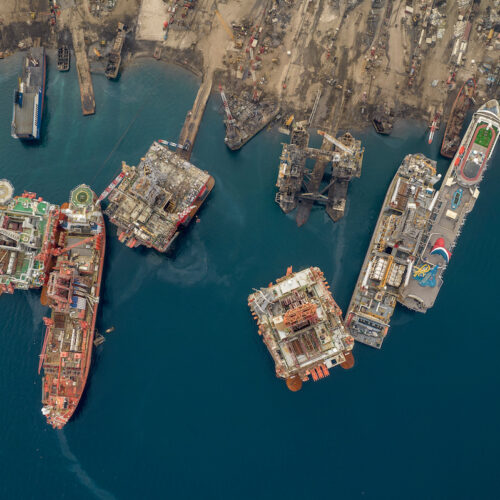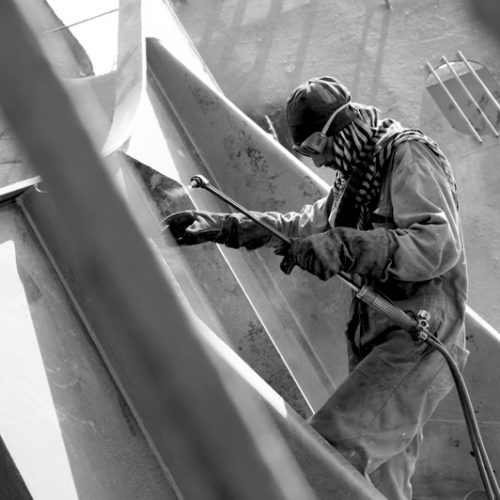Platform News – Global ban on exporting hazardous waste to developing countries becomes law
The Basel Ban Amendment, adopted by the Parties to the Basel Convention on the Control of the Transboundary Movement of Hazardous and Their Disposal in 1995, became international law on December 5 last week. This amendment, now ratified by 98 countries, and most recently, by Costa Rica, prohibits the export of hazardous wastes from member states of the European Union, Organisation for Economic Cooperation and Development (OECD), and Liechtenstein to all other countries. This agreement is now a new Article (4a) of the Basel Convention.
The many countries and organisations that helped create the Basel Ban Amendment, including the Platform’s member organisation Basel Action Network (BAN), can celebrate their persistence. In view of the continuing export of unwanted electronic wastes, plastic wastes and end-of-life vessels from the Global North to highly-polluting operations in Asia and Africa, the ban is seen as relevant today as it was 30 years ago when ships loaded with barrels of toxic waste left their deadly cargo on the beaches of African and Latin American countries.

Despite the achievement of the Ban Amendment, powerful industries - currently, the electronics and shipping industries - are now trying to change the definition of that to which the Ban applies. They do so in order to exempt their products from the legal restraints imposed by the Convention and the Ban.

Likewise, the shipping industry has run screaming from their Basel responsibilities for old obsolete ships to create its own Hong Kong Convention, designed specifically to perpetuate the dumping of toxic vessels on South Asian beaches.
Further, noticeably absent from the list of countries having ratified the ban is the United States, Canada, Japan, Australia, New Zealand, South Korea, Russia, India, Brazil, and Mexico.

Related news

Press Release – BBC exposes dirty and dangerous scrapping of oil and gas units in India
A BBC Disclosure production released this week reveals the harm caused by shipbreaking activities in Alang, India.
... Read More
Ship recycling in Aliağa under the spotlight
NGOs call on Turkey and the EU to bring needed change and transition the sector towards dry docks.
... Read More
Platform publishes South Asia Quarterly Update #10
The NGO Shipbreaking Platform publishes today the tenth South Asia Quarterly Update, a briefing paper in which it informs about the shipbreaking industry in Bangladesh, India and… Read More

Platform News – NGO Shipbreaking Platform demands European Ship Recycling Licence
In a position paper published today, the NGO Shipbreaking Platform calls on the European Commission, the European Parliament and Member States to support the introduction of a… Read More

Platform News – Surge of fatal accidents in Chittagong
At least five shipbreaking workers have been killed and five more severely injured in a series of fatal accidents in Bangladesh in one month only. On… Read More

Press Release – EU’s leverage & insurance policy on dirty shipping needed
From dangerous emissions in ports to hazardous scrapping on South Asian beaches, European shipping companies pollute and put people’s health and lives at serious risk. In… Read More

Platform News – NGO Shipbreaking Platform awarded grant by Royal Academy of Engineering and Lloyd’s Register Foundation
Engineering X has awarded nearly £1 million in grants to projects aimed at tackling challenges of decommissioning ships and offshore structures.
... Read More
